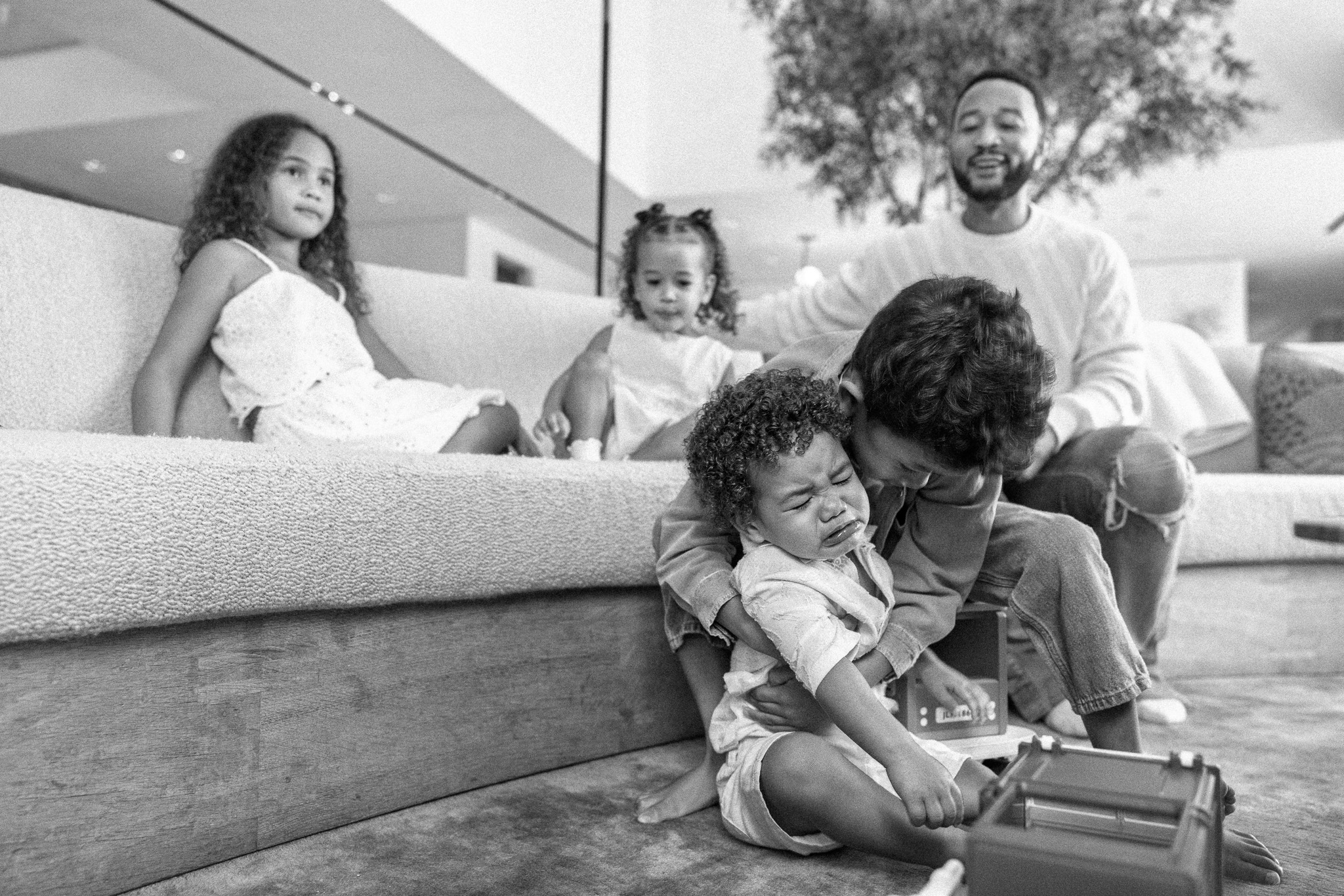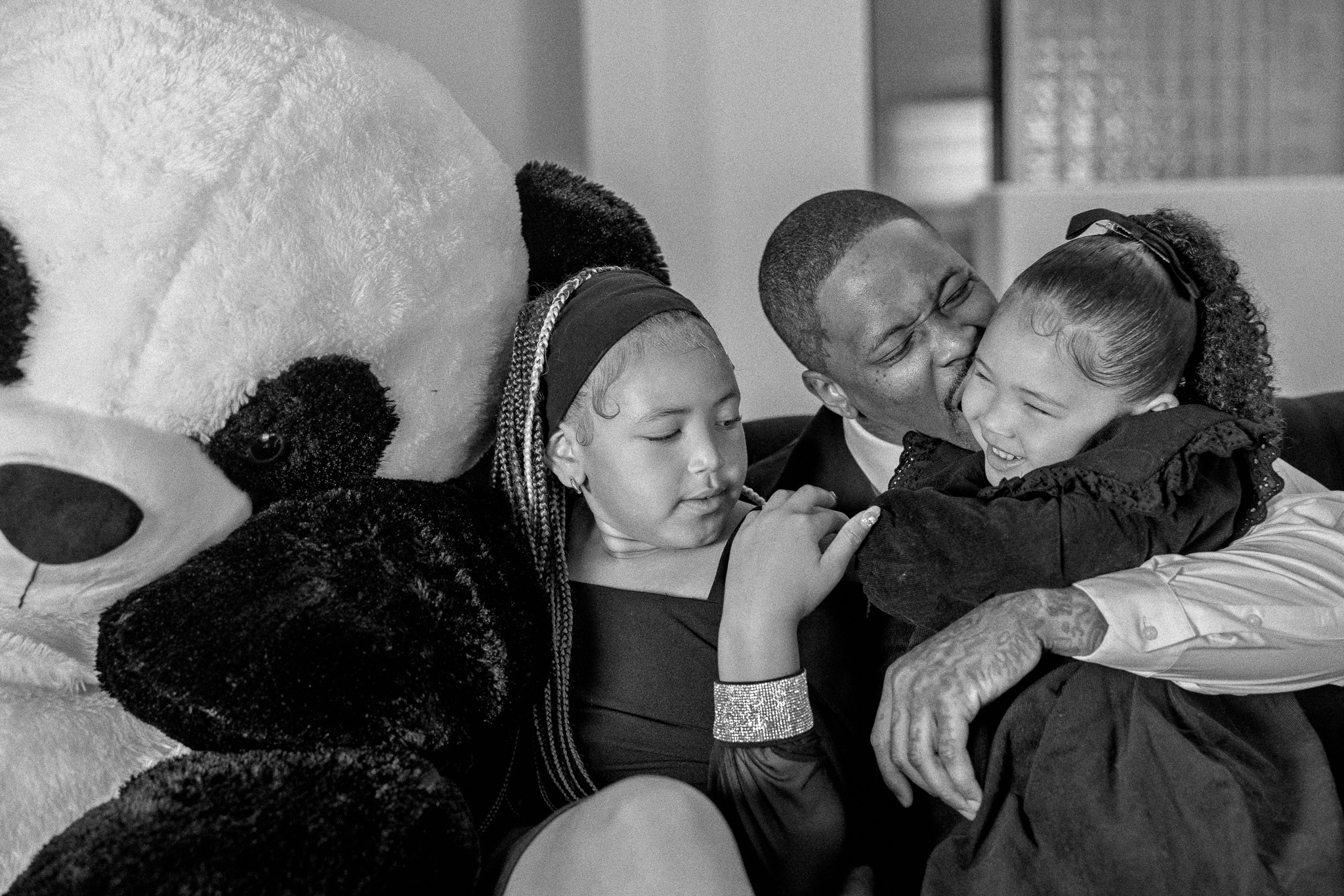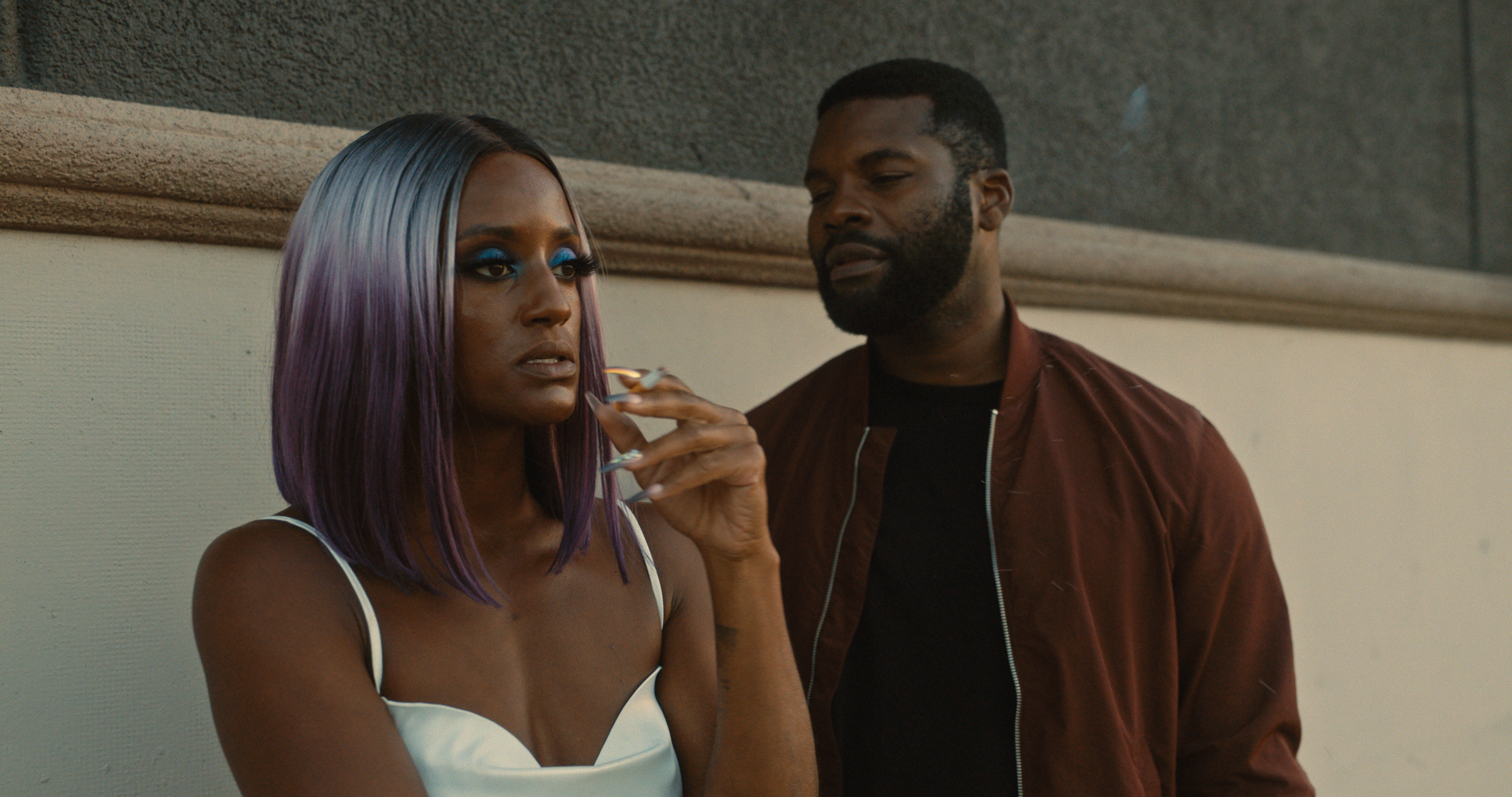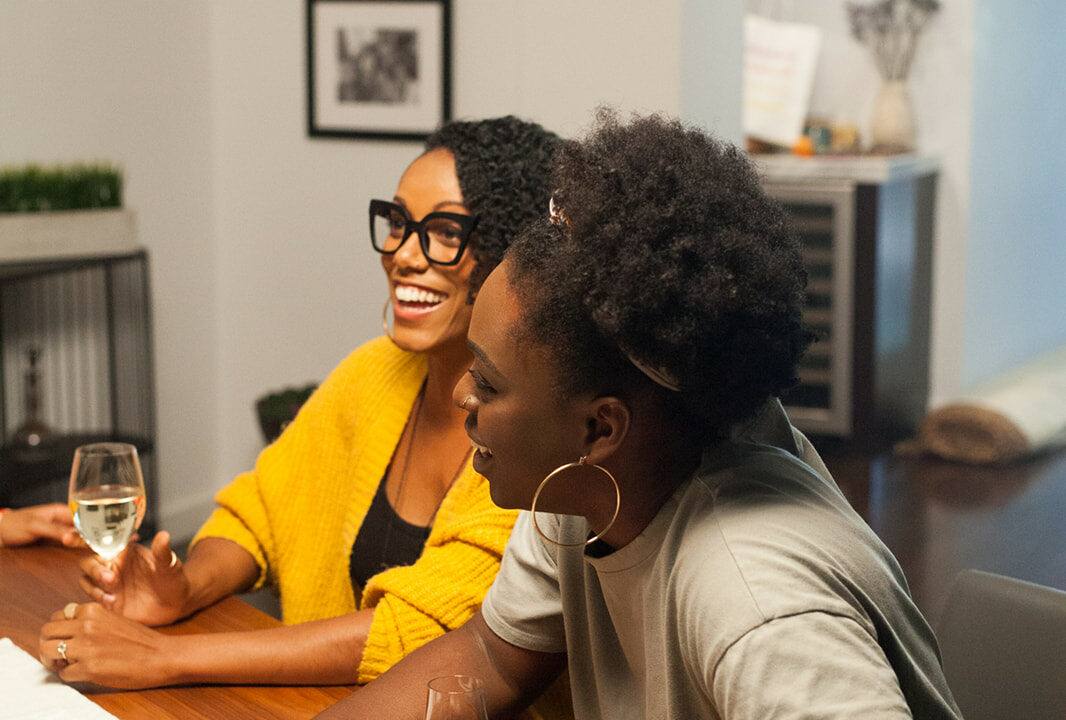
Courtesy of Sean Howard
Courtesy of Sean Howard

George M. Johnson (Courtesy of Sean Howard)
On November 19, 2010, George M. Johnson was diagnosed HIV positive at 25 years of age. They described living with their diagnosis as being in silence, waiting for their mortality, daily. Three years later, George would become undetectable after receiving treatment and began on a path to helping educate others while having a better understanding that they could live and thrive.
“I had to think about how I was going to date or how I was going to disclose. I think the biggest issue is disclosure because you haven’t fully come to terms with your diagnosis, and now–how do I knowingly tell someone who I just met or haven’t quite built that trust with?,” Johnson said.
Out of 50 states, 37 have criminalized HIV exposure and 21 states require people who are HIV positive to disclose their status to their sexual partners. Coming to terms with the status can be extremely disconcerting, but similar to George, there are many people living, blossoming, and learning to love themselves, while building the blocks to opening themselves to love others.
Self-Love After Diagnosis
George affirms that they were not immediately comfortable with their diagnosis, but offers tools that allowed them to begin to feel whole.
- Do more research. The more information one has about their diagnosis, treatment, and resources, the more steps they can take in feeling wholeness.
- Take the time with yourself. As any new news that alters the direction of how we believe our lives should be, it’s important to sit with it and give yourself grace.
- Disclosure isn’t always easy, but becomes easier after each time. You get to decide when you’re ready to disclose and never allow someone to “out” you or shame you while you are working through your own self-love journey.

Courtesy of pexels.com
Dating is Not Off the Table
As a queer person, George has seen instances where people have often stigmatized others living with HIV. With dating apps such as Jack or Grindr, some people choose to communicate their disinterest in dating someone HIV positive. In other circumstances, conversations around disclosing someone’s status can be a deterrent for closed-minded people who lack the information of where we are in 2020 in terms of what we know of HIV. And although it can be difficult, initially, it does not take dating off the table. George believes you should:
- Date when you are ready. Building the self-love and a community of support begins the steps to seeking love and partnership in the dating space.
- When dating while HIV positive, seeing someone who is also HIV+ may be easier, comforting, and an experience that allows both parties to grow together. Dating someone that understands exactly what HIV is because they, too, are living with their diagnosis can alleviate having to constantly educate your partner on the disease.
- Have open conversations around boundaries in terms of what’s off the table for you in terms of your comfortability in discussing your status. Disclosing to someone you’re dating doesn’t mean they have the right to openly disclose your status to others (even family, friends, etc.)
- Never settle, even if you have internalized you are not worthy of being loved in the right way by the right person–you are deserving and worthy.
Related Articles:
The Best Products for Pleasure (With Or Without A Partner)
How to Have a Healthy and Thriving Sex Life in the Time Of COVID-19
Elevate App Talk Mental Health and Black Men Embracing Vulnerability
Healthy Sexual Relationships
For those who are educated and well-informed on HIV, it is known that someone HIV+ people can have a very healthy sex life without transmitting the disease.
- Educating yourself and finding resources to help you navigate a healthy sexual experience can lessen the stress.
- Have active conversations with the person you are having sex with including a collective decision on condom usage to give everyone a choice on whether to partake or not.
- Nearly 1 in 7 Black Americans are living with HIV and are not aware of their positive status. George also offers that you should engage everyone as though they are HIV+, even without disclosure.
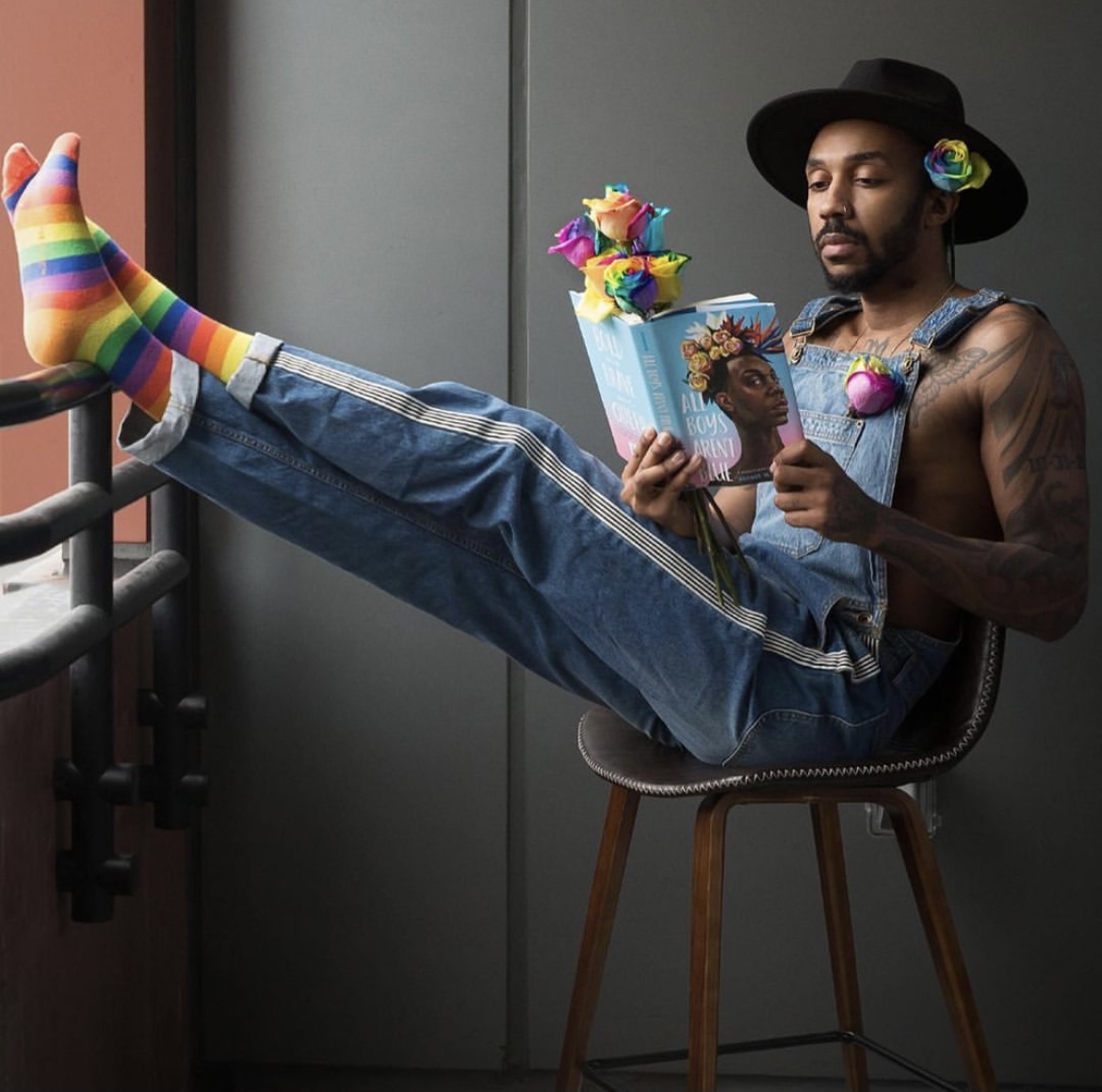
Courtesy of Sean Howard
Counselors are well-equipped and readily available with information while being a great resource that George believes can help everyone who has questions and would like to learn more about having a healthy sexual relationship with your partner.
“People need to learn balance and how to have certain conversations properly. LGBTQ organizations always have sexual checklists and documents of what to ask and how to ask it, which are not a limited resource to just that community. And if you are positive, make sure you’re getting your labs quarterly. If you’re not positive but sexually active, make sure you’re getting tested for not just HIV but also other STD’s and STI’s to hold yourself accountable for your own sexual health.”
Ultimately, George firmly declares that no one should ever try and fill a void with another person. Self-love is always the best love and it’s better to wait for your better whole, than someone who’s not coming to the table having done their own self-work because everyone doesn’t have a storybook partnership and some are meant to expand options outside of marriage and monogamous relationships if that’s not a standard they can’t upkeep.
Related Articles
John Legend shows the beauty of Black fatherhood in this Father Noir feature—love, presence, and parenting four kids with Chrissy Teigen.
Rapper YG is an example of Black fatherhood, raising daughters Harmony and Vibe and breaking generational cycles, as shown in this powerful Father Noir feature.
Qasim Basir’s To Live and Die and Live is not a film that offers easy answers.
Featured Articles
The vision for our engagement shoot was to celebrate ourselves as a Young Power Couple with an upcoming wedding, celebrating our five year anniversary - glammed up and taking over New York.
When Elitia and Cullen Mattox found each other, they decided that they wanted their new relationship together, their union, to be healthier and different.
Let’s take a trip down memory lane and revisit 10 times Michelle Obama gave us a masterclass in love.
Meagan Good and DeVon Franklin’s new relationships are a testament to healing, growth, and the belief that love can find you again when you least expect it.
Celebrate their marriage and partnership with the release of the documentary “Time II: Unfinished Business”
Yes, I wanted my mom to still love me, but I needed her to love me. I wanted to know that by opening up about this part of my life she could actually love me more fully.

